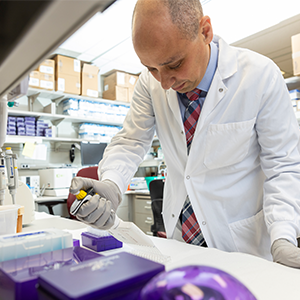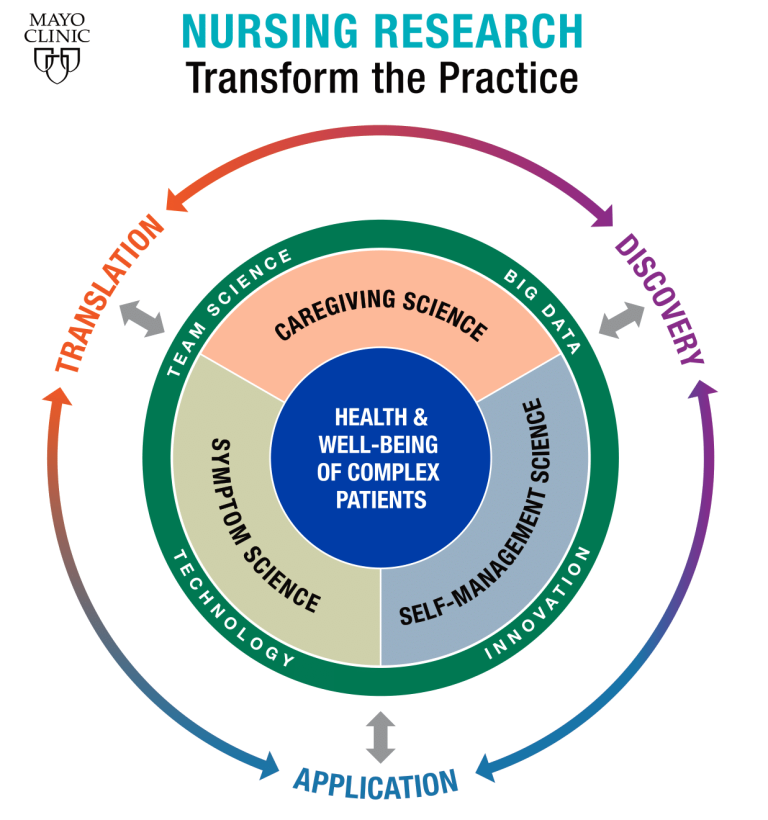-
Science Saturday: Could antidepressants cause treatment-emergent mania?

In a study published in Molecular Psychiatry, Mark Frye, M.D., a Mayo Clinic researcher and collaborators, investigated the risk of treatment-emergent mania in bipolar disorder when treated with antidepressants.
"We found that antidepressants that increase mitochondrial energetics (cells that extract energy from nutrients for sustaining life) may elevate the risk of treatment-emergent mania," says Dr. Frye.
The increased energy expenditure of mania associated with impulsivity, poor judgment, psychosis and loss of insight can drive high-risk behaviors, often resulting in hospitalization or incarceration. The aftermath of mania can have an enduring negative effect on the patient's quality of life, explains Dr. Frye, the study's senior author.
Dr. Frye specializes in the neurobiology of bipolar disorders. Bipolar disorder, formerly called manic depression, is a mental health condition that causes extreme mood swings that include emotional highs (mania or hypomania) and lows (depression).
"These data suggest categorizing antidepressants based on mitochondrial energetics may be of value," says Dr. Frye.
The clinical practice is of significant consequence, as antidepressant prescriptions for bipolar disorder in the U.S. have more than doubled in the last two decades from 17.9% to 40.9%, expounds Dr. Frye.
The study assessed 692 participants 18 to 80 years old from the Mayo Clinic Bipolar Disorder Biobank with a known history of antidepressant exposure. The researchers found that compared to participants exposed to antidepressants that decrease mitochondrial activity, treatment-emergent mania was twice as common in patients exposed to antidepressants that increase mitochondrial energetics.
"Our study provides early evidence that supports the hypothesis of an amplified response in mitochondrial energetics of select antidepressants that drive, in part, the cause of treatment-emergent mania," says Dr. Frye. "These data suggest that categorizing antidepressants based on mitochondrial energetics warrants further large-scale clinical and pharmacogenomic studies to determine the effect on managing and treating patients with bipolar disorder."
Funding for this study was provided by The J. Willard and Alice S. Marriott Foundation and the Thomas and Elizabeth Grainger Fund in Bipolar Disorder Novel Therapeutics and Advanced Diagnostics.
Learn more
Read more stories about advances in individualized medicine.
Register to get weekly updates from the Mayo Clinic Center for Individualized Medicine blog.
Join the conversation
For more information, visit Mayo Clinic Center for Individualized Medicine, or Twitter at @MayoClinicCIM.









